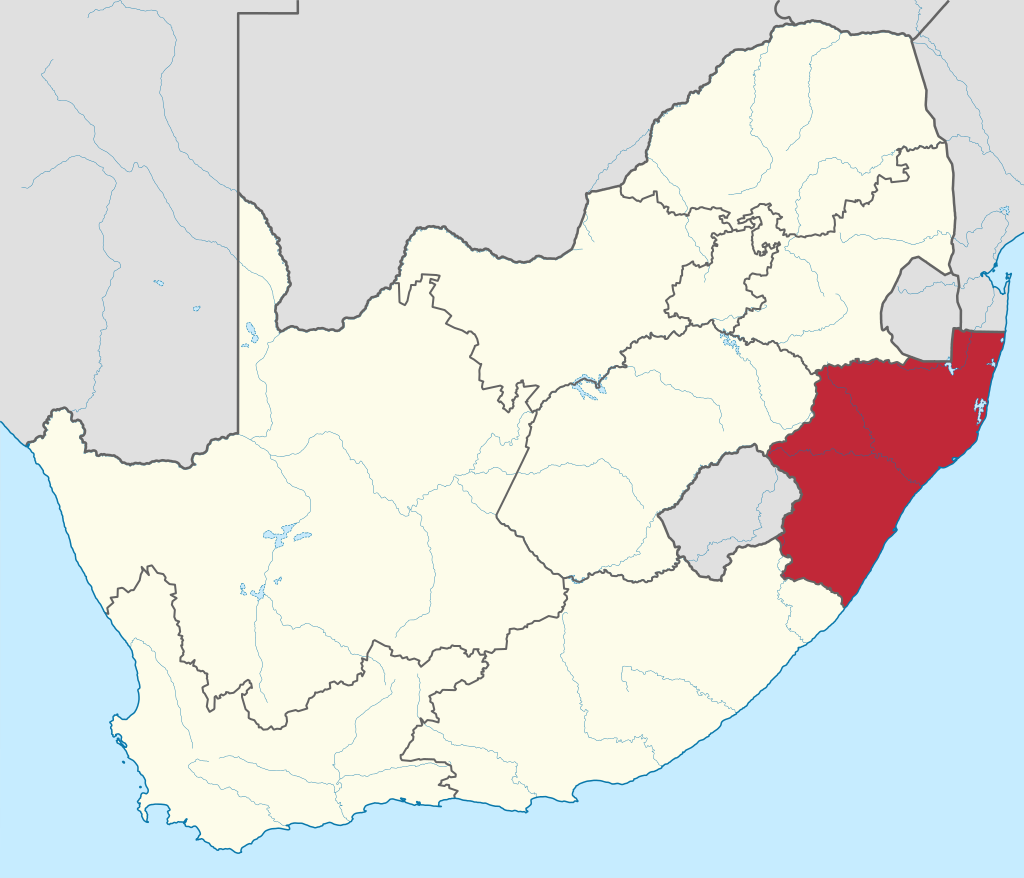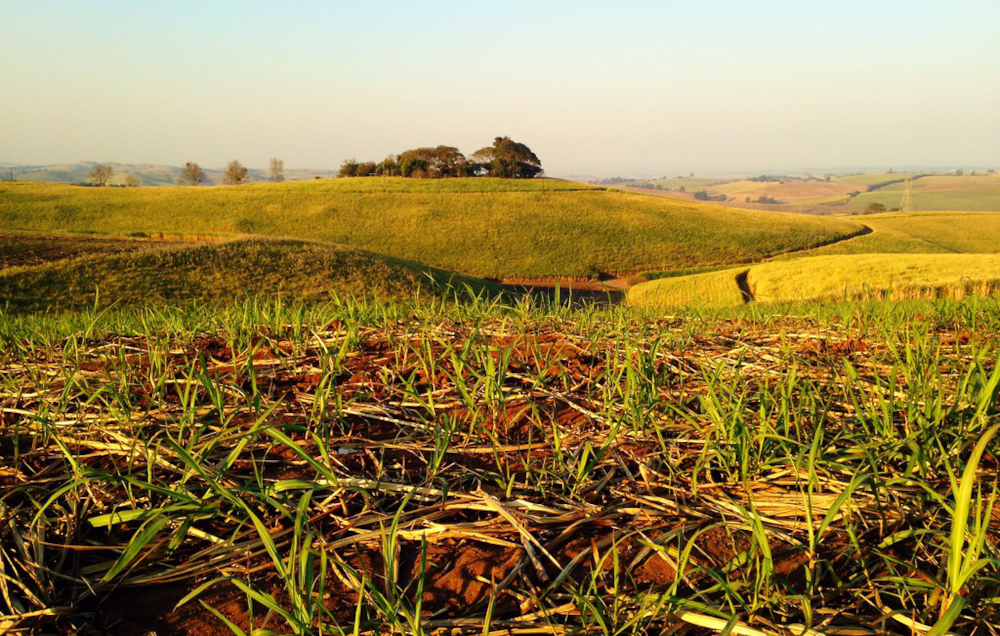Several hundred farmers have received licenses to produce hemp in the South African province of KwaZulu-Natal (KZN), and officials say the growers will get training in the crop.
A total of 664 licenses were recently granted by the KZN Department of Agriculture and Rural Development (DARD). The permits authorize the farmers to grow, store and transport cannabis with less than 0.2% THC – the dividing line between hemp and marijuana in South Africa.
Public-private pact
A public-private partnership between the provincial government and Opulence Pharmaceuticals was announced to facilitate the growth of the cannabis industry in the province, and to explore export potential.
Little is known about Opulence Pharmaceuticals, which was established in 2018 to operate in the medical marijuana and CBD sectors. The company is located in Verulam, KZN. Duran Govender, the company’s CEO, said his vision is to create sustainable jobs and control the value chain in industrial hemp and medicinal cannabis.
DARD and the Department of Economic Development, Tourism and Environmental Affairs will work with the company in a skills and knowledge transfer program.
Technical support
The cannabis licenses will allow farmers access to technology through the Analytical Lab at the Cedara Agricultural Training Institute. Local businesses that will be providing services to permit recipients were also granted R300,000 (South African rands) (~$15,000) each. Services include processing, setting up growing tunnels and providing lab equipment, packaging, testing, and marketing. Officials said they have plans to establish at least six hemp processing plants.
DARD has also set aside R47 million ($2.5 million) for cannabis research, and has allocated R10 million ($500,000) for direct farmer assistance.
“In the past Africans were being punished severely for cannabis and our parents could not trade,” said Siboniso Duma, a member of the KwaZulu-Natal Executive Council for Economic Development, Tourism and Environmental Affairs. “People were killed defending the sovereignty of this herb but now our people are receiving licences and permits.”
‘Food basket’ of SA

KwaZulu-Natal is considered to be “the food basket province” of South Africa, with reliable rainfall and fertile soils; 17% of the province’s land is arable, with 7.5% classified as high potential. The province produces 90% of South Africa’s total output of sugarcane; KZN farmers also grow fruits & vegetables, maize, peanuts and soybeans, and raise livestock.
The KZN agriculture sector is characterized by large-scale, commercial farms as well as underdeveloped areas based on subsistence farming. Farming contributes 10% to the province’s gross domestic product, and employs more than 700,000 people directly and indirectly.

